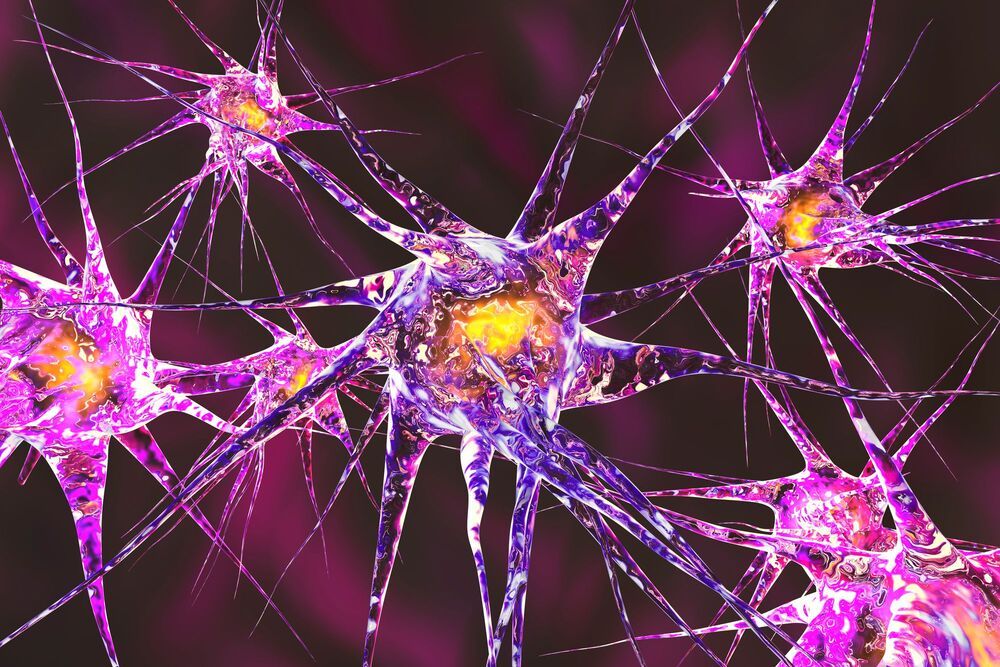“What is exciting about this is that although our study was only in mice, the same mechanism should operate in humans – the molecules and structures in the human brain are the same as those in rodents,” says Fawcett. “This suggests that it may be possible to prevent humans from developing memory loss in old age.”
An intriguing new study from researchers in the United Kingdom is proposing an innovative method to treat age-related memory loss. The preclinical research shows memory decline in aging mice can be reversed by manipulating the composition of structures in the brain known as perineuronal nets.
Perineuronal nets (PNNs) are structures in the brain that envelop certain subsets of neurons, helping stabilize synaptic activity. They essentially put the brakes on the neuroplasticity seen in the first few years of life.
Although PNNs are vital to the effective functioning of a mature adult brain, by their very nature they also limit future neural plasticity and adaptability. A new wave of research is beginning to investigate ways to modulate PNNs in adult brains in the hope of treating a variety of diseases from diabetes to post-traumatic stress disorder (PTSD).
